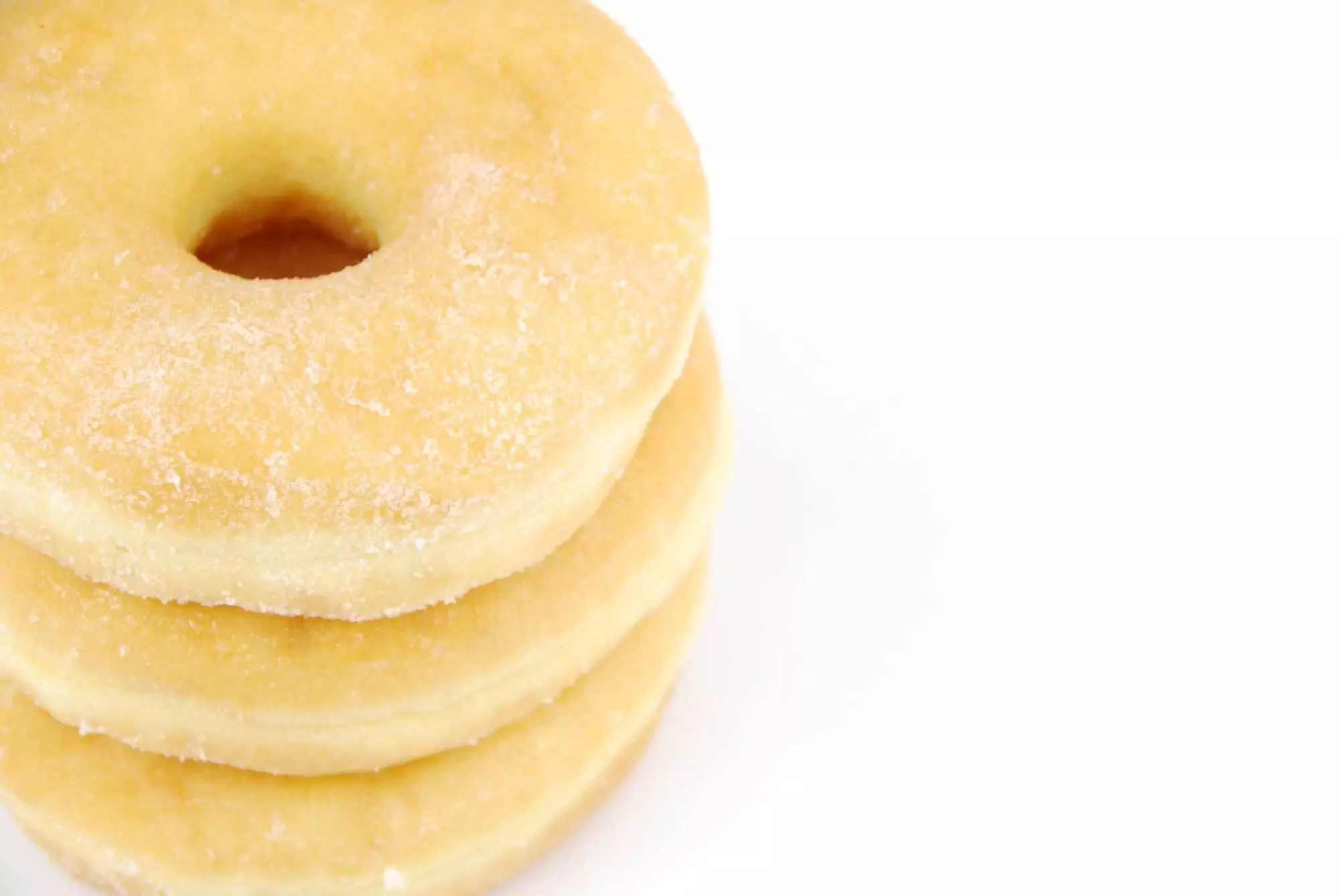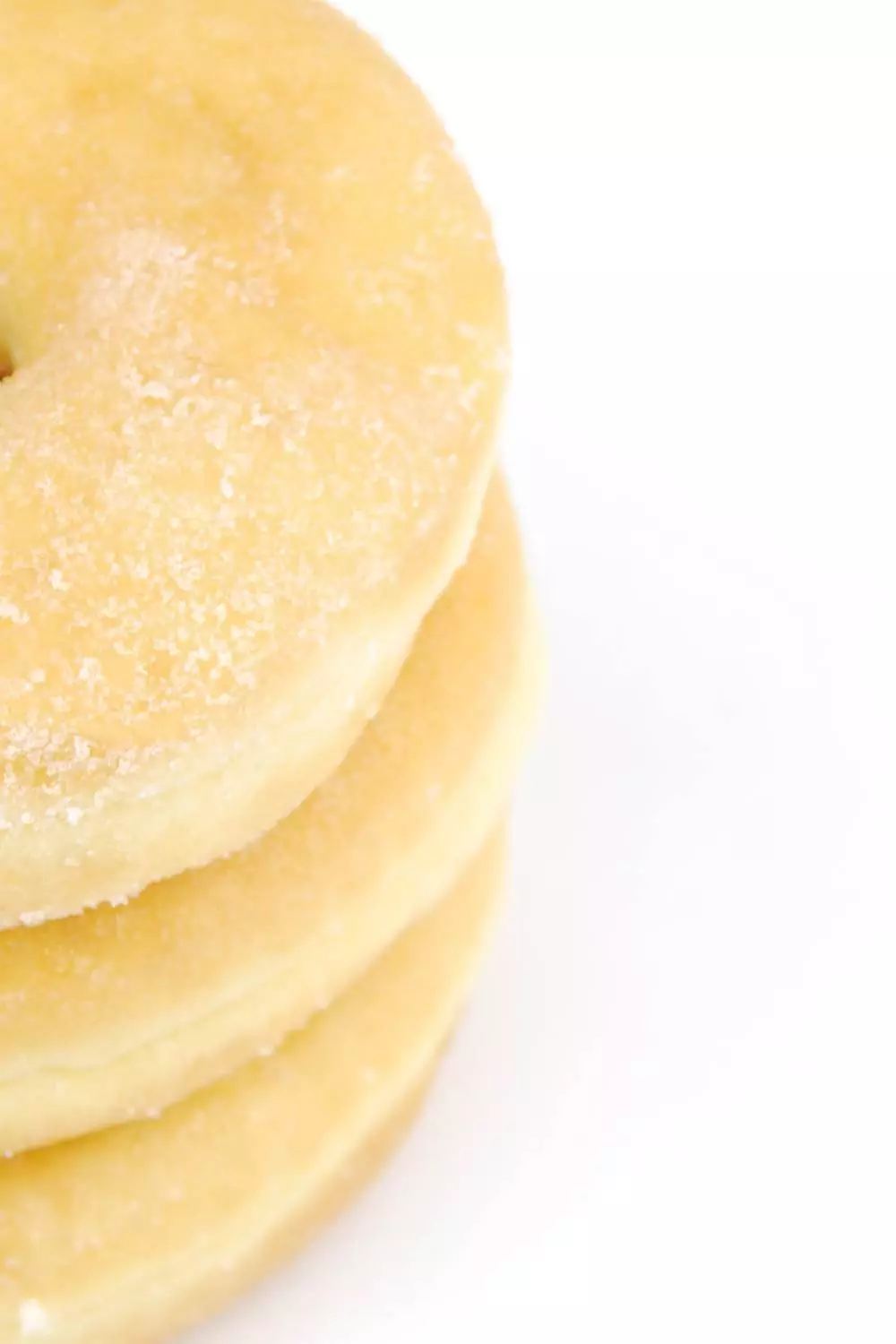
Everything You Need to Know About the Ketogenic Diet
The keto diet is a low-carb, high-fat diet that has become increasingly popular in recent years. It’s based on the idea of putting your body into a state of ketosis, which occurs when you consume very few carbs and lots of healthy fats. This can help with weight loss, improve cognitive function, and even reduce inflammation throughout the body. If you’re considering trying out this diet, here are some things you need to know:
What Is The Ketogenic Diet?
The ketogenic diet (keto for short) is a type of diet that involves eating foods that are low in carbohydrates while also consuming plenty of healthy fats. By doing so, it puts your body into a metabolic state called ketosis, where it burns fat instead of glucose as its primary source of energy. This process can be incredibly effective at promoting weight loss, improving blood sugar levels, and reducing inflammation throughout the body.
Benefits Of The Keto Diet
There are many potential benefits associated with following a keto diet plan. Some of these include:
Weight Loss: One of the most well-known benefits of the keto diet is its ability to promote rapid weight loss. By burning fat for fuel, you may find yourself shedding pounds quickly and easily.
Improved Cognitive Function: Studies have shown that the keto diet can actually improve brain function and memory recall. This could be due to the fact that ketones provide an alternative fuel source for the brain.
Reduced Inflammation: Chronic inflammation is thought to contribute to many different diseases, including cancer, heart disease, and Alzheimer’s. Following a keto diet can help to reduce systemic inflammation throughout the body.
Foods To Eat (And Avoid) On A Keto Diet
When following a keto diet, there are certain foods that you should eat more of, as well as others that you should avoid altogether. Here are some examples:
Fatty Meats And Fish: These types of protein sources are great for the keto diet because they contain plenty of healthy fats. Examples include salmon, tuna, steak, bacon, and chicken thighs.
Low-Carb Veggies: Leafy greens like spinach and kale, as well as cruciferous veggies like broccoli and cauliflower, are all great choices on a keto diet. They’re low in carbs but still packed full of nutrients.
Nuts And Seeds: Almonds, walnuts, pumpkin seeds, and sunflower seeds are all good options on a keto diet. They’re high in healthy fats and make a great snack between meals.
Berries: While fruit isn’t typically recommended on a keto diet, berries are lower in carbs than other fruits and still offer plenty of antioxidants and fiber.
On the other hand, there are certain foods that you should try to avoid or limit on a keto diet. These include:
Grains: Bread, pasta, rice, and cereal are all high in carbs and should be avoided on a keto diet.
Sugary Foods: Soda, candy, and desserts are all loaded with sugar and won’t do much to support your weight loss goals.
Legumes: Beans, lentils, and peas are all high in carbs and should be limited on a keto diet.
How To Start A Keto Diet Plan
If you’re interested in starting a keto diet plan, there are several steps you can take to get started:
1. Eliminate Carbs: The first step is to eliminate any foods from your diet that are high in carbs. This includes bread, pasta, rice, and sugary drinks like soda.
2. Add Healthy Fats: Next, start incorporating more healthy fats into your diet. This might include avocado, olive oil, nuts, and seeds.
3. Track Your Macros: Keep track of how many grams of carbs, proteins, and fats you’re consuming each day. This will help ensure that you stay within the guidelines of the keto diet.
4. Stay Hydrated: Drinking enough water is important on any diet, but especially one that can cause dehydration like the keto diet. Make sure to drink plenty of fluids throughout the day.
Common Mistakes To Avoid On A Keto Diet
While the keto diet can be incredibly effective, there are some common mistakes that people often make when following this type of diet. Here are a few to watch out for:
Not Enough Calories: When cutting back on carbs, it can be easy to accidentally cut back too far on calories overall. Make sure to aim for around 1500-2000 calories per day to prevent feeling tired and sluggish.

Not Enough Salt: Since the keto diet can lead to increased sodium excretion through urine, it’s essential to add extra salt to your meals to maintain proper electrolyte balance.
Overdoing It With Dairy: While dairy products like cheese and yogurt are fine in moderation, consuming large amounts of them can increase insulin resistance and slow down weight loss.
In conclusion, if you’re looking to lose weight, improve your cognitive function, and reduce inflammation throughout your body, then the keto diet may be just what you’ve been searching for. Just remember to follow the tips above to maximize your success and avoid common pitfalls along the way.

